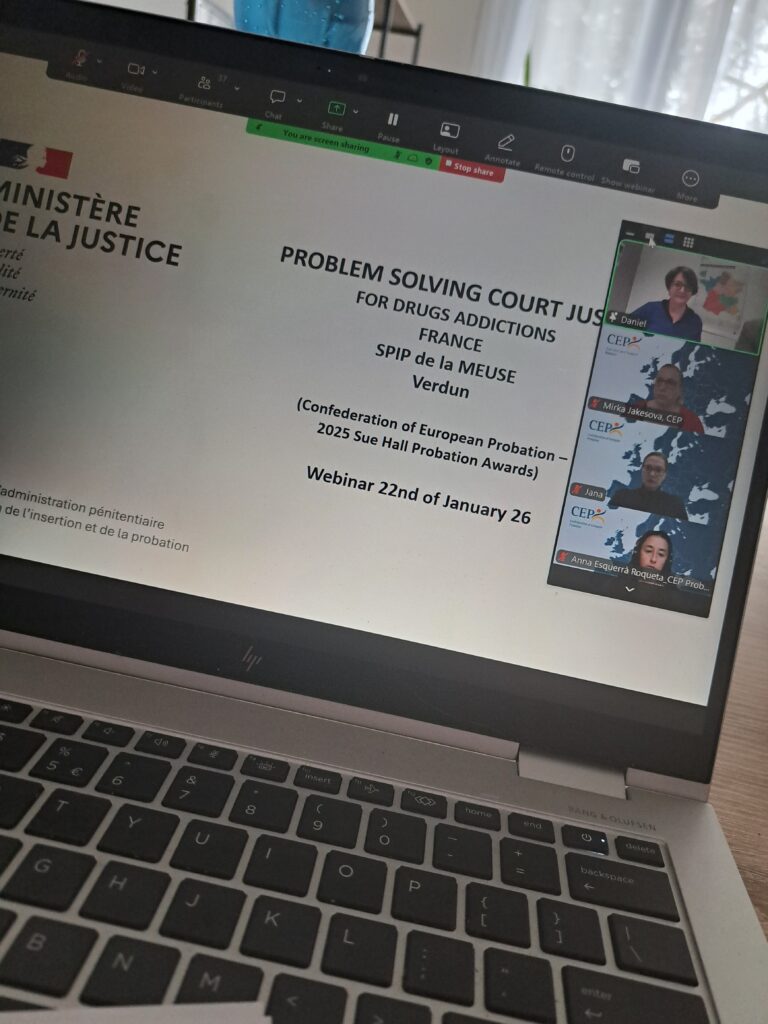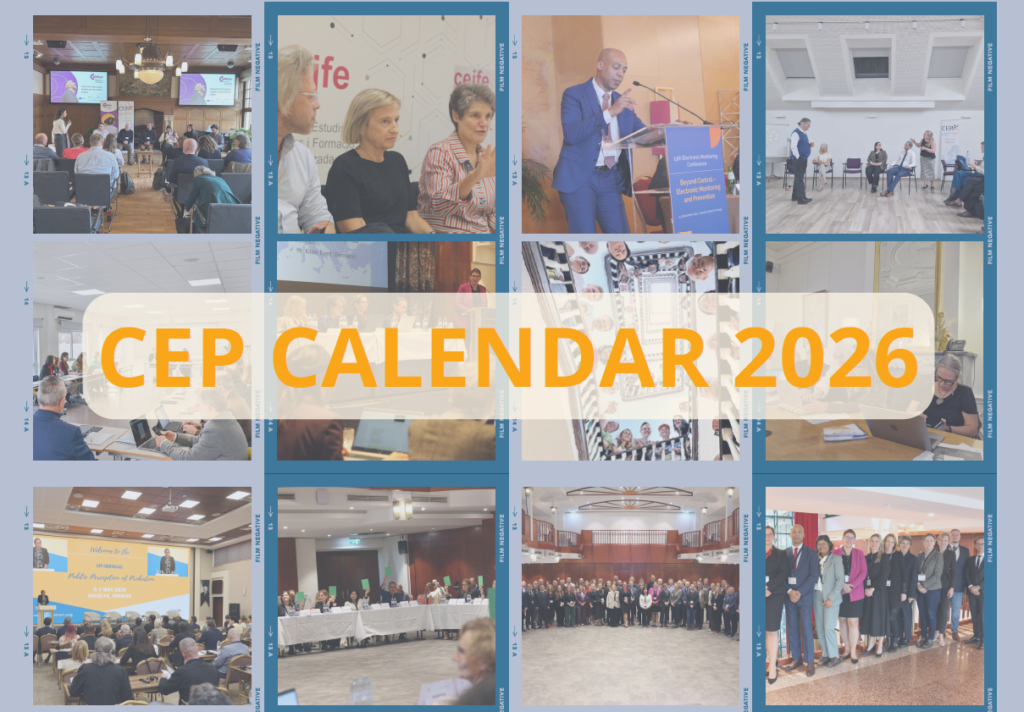Previous Article
News
Research: Supervision Skills for Probation Practitioners
Her Majesty’s Inspectorate of Probation for England and Wales, recently published new research conducted by Prof. Peter Raynor: ‘Supervision Skills for Probation Practitioners’. This short report was produced at the request of Dr Robin Moore, Head of Research in The HM Inspectorate of Probation. It is partly based on a longer article in the European Journal of Probation in 2018 co-authored by Peter Raynor and Maurice Vanstone (‘What matters is what you do: the rediscovery of skills in probation practice’, European Journal of Probation 10(3) 199-214), and draws particularly on the Jersey Supervision Skills Study which received the CEP’s Research Award in 2016. The development of practice skills appears to be a promising focus for evidence-based improvement in the effectiveness of probation, and we hope this will encourage further research and practical projects.
The use of evidence-based practice in the attempt to improve probation’s impact on reoffending became a mainstream policy following the ‘Underdown report’ produced by HM Inspectorate of Probation in 1998. Initial efforts were largely based on cognitive-behavioural group programmes. However, most people supervised by probation officers experience supervision as one-to-one contacts most or all of the time, and some of those who participate in programmes also need preparation, support and follow-up on an individual basis. The identification of practitioners’ skills in individual supervision as an important component in effective practice came late to England and Wales in comparison with work done in other countries. This ‘Academic Insight’ offers a brief summary of key findings from research on probation staff’s practice skills (known in North American research as Core Correctional Practices) and considers some of the practical implications. In the well-known Risk-Need-Responsivity (RNR) framework for effective practice, research on skills contributes to understanding responsivity, which has until recently received less research attention than risks and needs.
Please click on the link to read ‘Supervision Skills for Probation Practitioners’ by Peter Raynor.

Related News
Keep up to date with the latest developments, stories, and updates on probation from across Europe and beyond. Find relevant news and insights shaping the field today.
New

Alternatives to pre-trial detention, Community Sanctions and Measures, Framework Decisions, Technology
Future of Criminal Justice: CEP’s Contribution to Key 2025 Dialogues
27/01/2026
Throughout 2025, CEP and its representatives actively participated in the online Technical meetings ahead of the HLF as well as the High Level Forum on Future of Criminal Justice taking place on 4-5 March 2025, 20-21 May 2025 and 1-2 October 2025 in Brussels, Belgium.
Recap

Alternatives to pre-trial detention
Recap: Webinar on Alternatives to Detention 2026
26/01/2026
On Thursday 22 January, CEP hosted the first webinar of 2025 on the topic of Alternatives to Detention. The session led by Ms. Marina Pajoni from the French Prison and Probation Service titled „Problem Solving Justice in Pracitce: The Meuse Probation Service´s Approach to Drug Addiction“ introduced an innovative programme developed by the Meuse Probation Service in close cooperation with the French Ministry of Justice.
New

Education and Training
CEP launches an interactive European map of probation education and training institution contacts
22/01/2026
The CEP is pleased to inform its members that a new dedicated section has been developed on the CEP website featuring an interactive map of Europe.
New

CEP Events
CEP activity calendar 2026
20/01/2026
As we begin the new year, we would like to thank all CEP members, partners, and participants for your continued engagement and valuable contributions. Your involvement plays an essential role in shaping CEP’s work and activities.
We are pleased to share the CEP calendar for 2026, which provides an overview of the events planned for the year ahead. We look forward to continuing our collaboration and welcoming you to upcoming CEP activities throughout the year.
Thank you for being part of the CEP community.
New

CEP members, Gender-based violence
Interventions Alliance’s Eden House Recognized as Outstanding
15/01/2026
CEP is delighted to share that Eden House, an Interventions Alliance residential service for women with high-risk or complex needs on probation, has been rated “Outstanding” overall by HM Inspectorate of Probation. In 2022, Eden House was honored with the CEP Public Protection Award. Our sincere congratulations to the team for this remarkable achievement.
New

Education and Training
The Judicial Training Dashboard
14/01/2026
The European Training Platform (ETP) is a search tool for justice professionals. You can find self-learning materials on a great variety of EU law practice areas and related topics, as well as links to training providers’ homepages and course catalogues.
Subscribe to our bi-monthly email newsletter!
"*" indicates required fields
- Keep up to date with important probation developments and insights.

